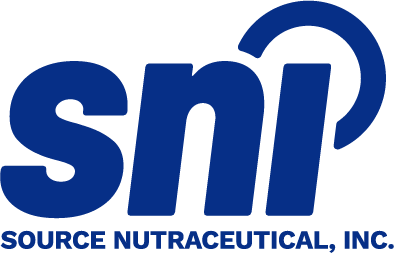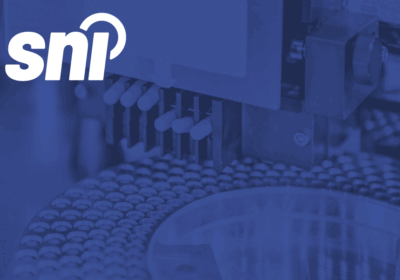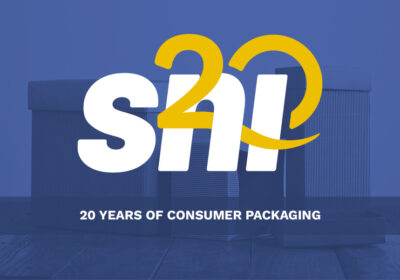May marks an important occasion in the realm of health awareness:
Celiac Awareness Month.
It's a time to shed light on a condition that affects millions of people worldwide. Celiac disease is an autoimmune disorder triggered by the consumption of gluten, a protein found in wheat, barley, triticale and rye. For those living with celiac disease, maintaining a strict gluten-free diet is not just a choice but a necessity for their health and well-being.
Celiac Awareness Month is an opportunity to educate, advocate, and raise awareness about this often misunderstood condition. But beyond understanding the intricacies of celiac disease, it's crucial to recognize the broader implications it has on food safety and regulation, particularly for manufacturers and importers in the United States and Canada.
Food safety plans are essential to ensure that products labelled as gluten-free meet the standards necessary for those with celiac disease. Here's why:
1. Regulatory Compliance
Both the United States and Canada have established regulations governing the labelling of gluten-free products. In the U.S. and Canada, both the Food and Drug Administration (FDA) and Health Canada require that products labelled as "gluten-free" contain less than 20 parts per million (ppm) of gluten. Adhering to these regulations is essential for ensuring the safety of individuals with celiac disease and not following this regulation could result in a recall of product.
2. Consumer Trust
For individuals with celiac disease, trust in gluten-free labelling is required for their health. A robust food safety plan helps manufacturers and importers uphold this trust by implementing rigorous processes to prevent cross-contamination and ensure the accuracy of labelling.
3. Preventing Cross-Contamination
Cross-contamination occurs when gluten-free products come into contact with gluten-containing ingredients or surfaces during manufacturing, processing, or packaging. This can occur at any stage of production, from sourcing raw materials to distribution. Implementing comprehensive food safety protocols, including dedicated production lines and thorough cleaning procedures would be required to maintain the integrity of gluten-free products.
4. Supplier Verification
Importers play a crucial role in ensuring the safety of gluten-free products by verifying the compliance of their suppliers with established regulations and standards. This includes conducting regular audits, testing raw materials for gluten content, and maintaining transparent communication throughout the supply chain.
5. Continuous Improvement
Food safety is an ongoing process that requires continuous monitoring, evaluation, and improvement. Manufacturers and importers must regularly review and update their food safety plans to adapt to evolving regulations, industry standards, and best practices.
As we observe Celiac Awareness Month, we aim to not only raise awareness about the challenges faced by individuals living with celiac disease but also recognize the critical role that food safety plans play in ensuring their safety and well-being. If you require support with your food safety plan, reach out today!




